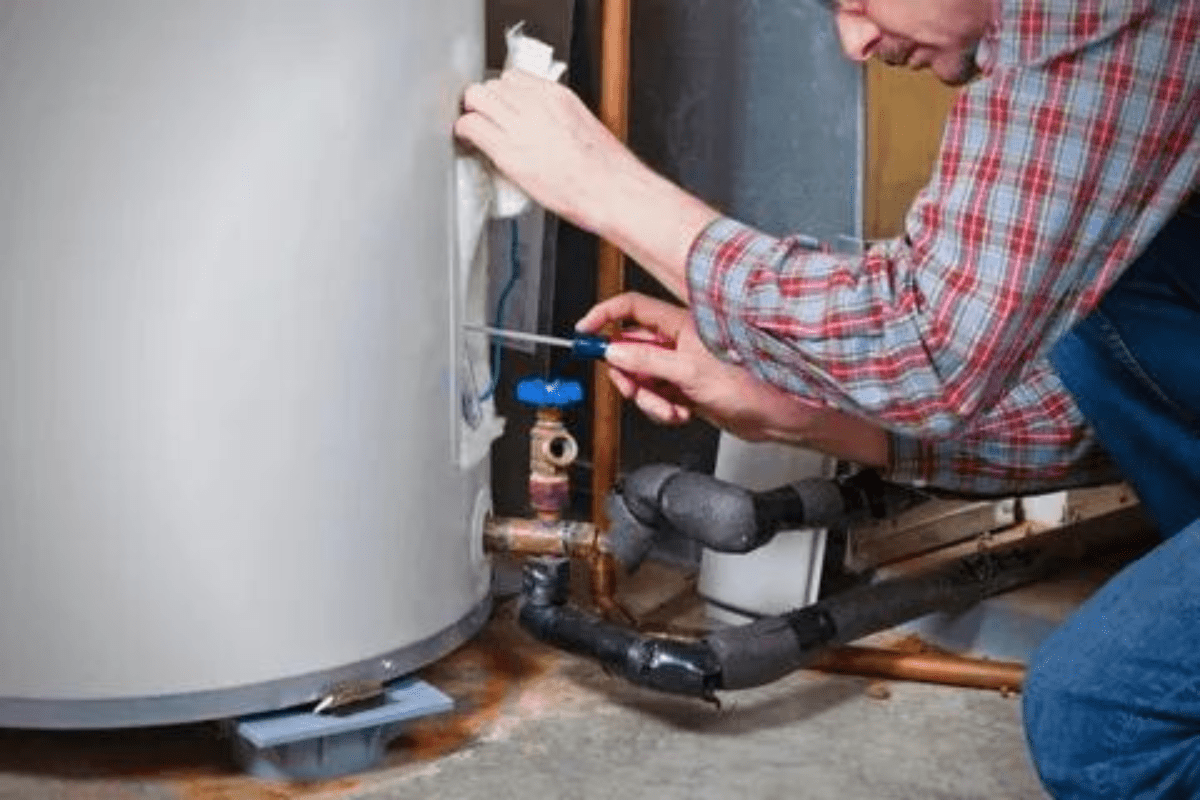iWater heaters are essential appliances in our homes, providing us with hot water for bathing, cleaning, and various other household tasks. However, like any other mechanical device, they are prone to wear and tear over time. Understanding the common issues that can lead to water heater repair needs is crucial for ensuring the continued functionality and efficiency of these systems.
1. Age and Wear
One of the primary reasons for water heater repair needs is the natural aging process of the unit. As water heaters age, their components may deteriorate, leading to diminished performance and efficiency. Signs of wear and tear include rust spots, leaks, and strange noises emanating from the unit.
2. Sediment Buildup
Over time, minerals and sediment from the water supply can accumulate at the bottom of the water heater tank. This sediment buildup can insulate the heating element, reducing its efficiency and causing the water heater to work harder to heat the water. Eventually, this can lead to overheating, premature wear on components, and ultimately, the need for repairs.
3. Corrosion
Corrosion, particularly in older water heaters, is another common issue that can necessitate repairs. It can weaken the tank walls, leading to leaks and potentially catastrophic failure. Factors such as high mineral content in the water supply and exposure to corrosive chemicals can accelerate the corrosion process.
4. High Water Pressure
Excessive water pressure can put undue stress on the water heater, leading to leaks, bursts, and other issues. Water heaters are designed to operate within specific pressure ranges, and when this threshold is exceeded, it can result in damage to the unit’s components, requiring professional repairs.
5. Thermostat Issues
Malfunctioning thermostats can cause water heaters to either produce water that is too hot or not hot enough. This can be not only inconvenient but also potentially dangerous. Common symptoms of thermostat issues include inconsistent water temperature and frequent cycling on and off.
6. Leaks
Leaks are a clear indication of a problem within the water heater system. Whether it’s a minor drip or a significant leak, ignoring leaks can lead to water damage, mold growth, and other costly repairs. Leaks can occur due to various reasons, including corrosion, loose fittings, or a faulty pressure relief valve.
7. Faulty Heating Elements
The heating elements in electric water heaters can degrade over time, leading to issues with water temperature and overall performance. Signs of faulty heating elements include lukewarm water, slow heating, or no hot water at all. Replacing the heating elements is a common repair task for electric water heaters.
8. Mineral Deposits
Mineral deposits, such as calcium and magnesium, can accumulate on the heating elements and inside the tank, reducing the efficiency of the water heater. Regular flushing of the tank and descaling the heating elements can help prevent mineral buildup and prolong the life of the unit.
9. Improper Installation
Poor installation practices can result in a myriad of problems with water heaters, including leaks, inadequate heating, and safety hazards. It’s essential to have water heaters installed by qualified professionals to ensure proper operation and avoid the need for repairs down the line.
10. Rust and Corrosion
Rust and corrosion can develop on the exterior and interior components of a water heater, compromising its structural integrity and performance. Regular maintenance, such as flushing the tank and inspecting for signs of corrosion, can help mitigate these issues and extend the lifespan of the unit.
11. Overheating
Water heaters that overheat can pose a significant safety risk to homeowners. Overheating can occur due to thermostat malfunctions, sediment buildup, or other issues. If left unchecked, overheating can lead to tank ruptures or even explosions, necessitating immediate repairs or replacement.
12. Pilot Light Issues
Gas water heaters rely on a pilot light to ignite the burner and heat the water. Common issues with the pilot light include it going out unexpectedly or burning yellow instead of blue, indicating a combustion problem. Ignoring pilot light issues can result in a lack of hot water and potential safety hazards.
13. Ignition Problems
In gas water heaters, ignition problems can prevent the burner from lighting properly, leading to a lack of hot water. Ignition issues can stem from faulty thermocouples, gas valves, or ignition modules. Addressing ignition problems promptly is essential to restore the functionality of the water heater.
FAQs
1. How often should I have my water heater serviced?
Regular maintenance is recommended at least once a year to prevent potential issues and ensure optimal performance.
2. Can I repair my water heater myself?
While some minor repairs can be done DIY, it’s generally advisable to hire a professional for any significant issues to avoid accidents and ensure proper repair.
3. What is the average lifespan of a water heater?
The average lifespan of a water heater is typically around 8 to 12 years, depending on factors such as usage, maintenance, and water quality.
4. How can I prevent sediment buildup in my water heater?
Flushing the tank annually and installing a water softener can help prevent sediment buildup and extend the life of your water heater.
5. Is it normal for my water heater to make noise?
Some noise is normal, especially during heating cycles. However, loud banging or popping sounds may indicate sediment buildup or other issues that require attention.
Conclusion
Water heaters are integral to our daily lives, providing us with hot water for various purposes. However, they are susceptible to a range of common issues that can lead to the need for repairs. By understanding these issues and addressing them promptly, homeowners can ensure the continued reliability and efficiency of their water heater systems.
